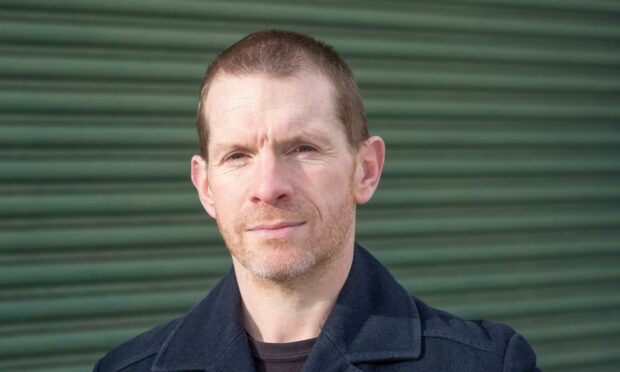It was an epidemic within the pandemic, as the Covid-19 lockdowns compounded the problem of domestic abuse.
Charities reported a marked rise in calls from women experiencing physical and emotional abuse, with many trapped at home with partners and unable to access support services.
Underneath all of that was an even less visible problem – an increase in economic abuse.
This is a complex form of abuse that takes many forms, such as restricting someone’s access to money, sabotaging their ability to work or study, building up debt in their name and exploiting their ability to maintain financial resources.
Control, coercion, sabotage and exploitation
Economic abuse often unfolds slowly, beginning with actions that may seem supportive – such as taking care of the financial paperwork – before developing into control, coercion, sabotage and exploitation.
It can be hard to identify and even harder to get out of, with abusers often retaining some form of economic control even after a survivor has managed to escape an abusive situation. And it’s getting worse.
The pandemic’s disproportionate economic impact on women, who were more likely to lose their jobs and to work in sectors affected by prolonged shutdowns, left them even more vulnerable to economic abuse.
Research by Surviving Economic Abuse (SEA) found that many perpetrators of domestic abuse used the pandemic to escalate or introduce economic control.
Its latest study illustrates how economic abuse compounds the risks girls and women face throughout their financial lives, and the life stages at which they are most vulnerable to economic abuse.
The report – The Economic Abuse Threat facing Girls & Women in the UK – 6 Moments That Matter for Financial Services – notes that one in eight UK adults (17% of women) experience economic abuse from a partner or family member in their lifetime.
Report sheds new light on economic abuse
A collaboration between SEA and Jane Portas, creator of the 6 Moments that Matter framework, the report offers recommendations for financial services firms on how to identify and deal with economic abuse scenarios.
The framework was originally designed to identify life stages of potential financial empowerment – such as entering the workforce, motherhood and retirement.
When she interviewed survivors of economic abuse, however, Ms Portas understood that those points of empowerment were also the moments in which women were most vulnerable to economic exploitation and coercion at the hands of abusers.
Financial services firms ‘getting better’ at support
Disentangling someone from an economically abusive relationship can be time-consuming and complicated, especially where there are various financial arrangements, with several different providers.
The good news is that when a customer discloses an economic abuse situation, financial services firms are getting better at supporting them. But the first step – and often the hardest one – is to identify when it’s happening.
Scottish Friendly study shows Bank of Grandma and Grandad paying out more during the pandemic
If we haven’t experienced it directly, chances are we have friends and/or family members that have.
It’s not easy to see from the outside, but there are signs to look out for, says Ms Portas. For instance, one survivor said her sister had noticed that she had been wearing old clothes all the time, even though she had a decent job and her partner was always well dressed.
Disentangling someone from an economically abusive relationship can be time-consuming and complicated.”
Other red flags include someone frequently being in conflict with a partner over joint finances, references to not being allowed to make certain purchases or decisions and hiding things they’ve bought so their partner doesn’t see them.
If you think you might be in an economically abusive situation, or know someone who might be, it can be hard to know what to do. A good place to start is the SEA website, which includes a guide for friends and family on spotting the signs of economic abuse.
More help
Other useful resources include Refuge, Women’s Aid, the financial support line for victims of domestic Abuse on 0808 1968845 or at FSLine@moneyadviceplus.org.uk, and Samaritans.
Governments, police regulators and businesses are starting to understand economic abuse and what it means. But this is a job for all of us, and it’s not getting any easier.
Jeff Salway is a financial journalist and a mental health counsellor. He has won several awards for financial journalism and served as a member of the Financial Services Consumer Panel.
Iona Bain: Young money – what could go wrong for millennial investors?

